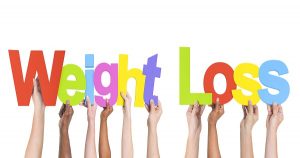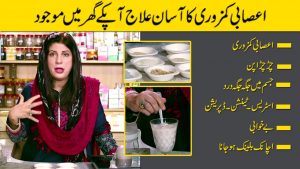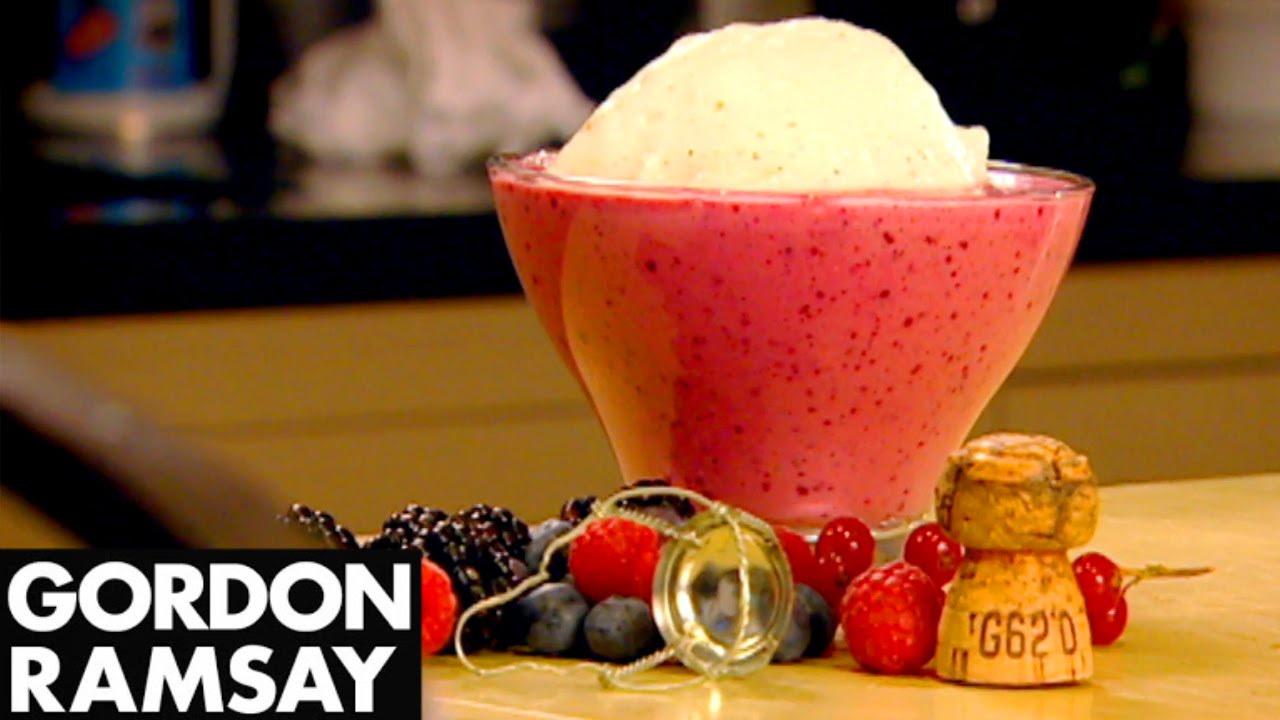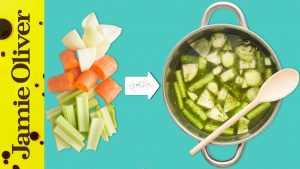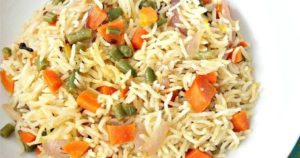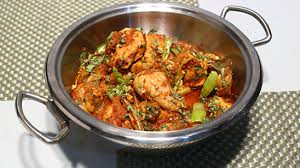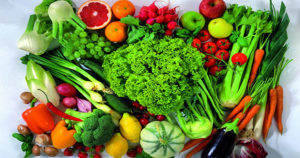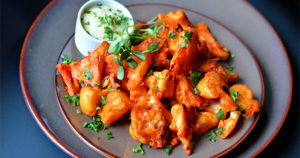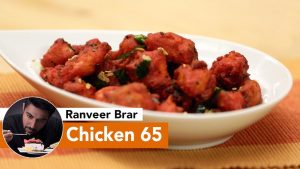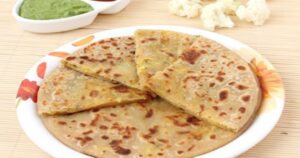If you want to lose weight in 30 days just follow some simple tricks and tips written below and you will be amazed with the results.
1. Add Protein to Your Diet
When it comes to weight loss, protein is the king of nutrients.Your body burns calories when digesting and metabolizing the protein you eat, so a high-protein diet can boost metabolism by upto 80-100 calories per day. A high-protein diet can also make you feel more full and reduce your appetite. In fact, some studies show that people eat over 400 fewer calories per day on a high-protein diet.Even something as simple as eating a high-protein breakfast (like eggs) can have a powerful effect.
2. Eat Whole, Single-Ingredient Foods
One of the best things you can do to become healthier is to base your diet on whole, single-ingredient foods.By doing this, you eliminate the vast majority of added sugar, added fat and processed food.Most whole foods are naturally very filling, making it a lot easier to keep within healthy calorie limits.Furthermore, eating whole foods also provides your body with the many essential nutrients that it needs to function properly. Weight loss often follows as a natural “side effect” of eating whole foods.
3. Avoid Processed Foods
Processed Foods are usually high in added sugars, added fats and calories. What’s more, processed foods are engineered to make you eat as much as possible. They are much more likely to cause addictive like eating than unprocessed foods.
4. Stock Up on Healthy Foods and Snacks
Studies have shown that the food you keep at home greatly affects weight and eating behavior. By always having healthy food available, you reduce the chances of you or other family members eating unhealthy. There are also many healthy and natural snacks that are easy to prepare and take with you on the go. These include yogurt, whole fruits, nuts, carrots and hard-boiled eggs.
5. Limit Your Intake of Added Sugar
Eating a lot of added Sugar is linked with some of the world’s leading diseases, including heart disease, type 2 diabetes and cancer. On average, Americans eat about 15 teaspoons of added sugar each day. This amount is usually hidden in various processed foods, so you may be consuming a lot of sugar without even realizing it. Since sugar goes by many names in ingredient lists, it can be very difficult to figure out how much sugar a product actually contains. Minimizing your intake of added sugar is a great way to improve your diet.
6. Drink Water
There is actually truth to the claim that drinking water can help with weight loss. Drinking 0.5 liters (17 oz) of water may increase the calories you burn by 24–30% for an hour afterward. Drinking water before meals may also lead to reduced calorie intake, especially for middle-aged and older people. Water is particularly good for weight loss when it replaces other beverages that are high in calories and sugar.
7. Avoid Liquid Calories
Liquid calories come from beverages like sugary soft drinks, fruit juices, chocolate milk and energy drinks. These drinks are bad for health in several ways, including an increased risk of obesity. One study showed a drastic 60% increase in the risk of obesity among children, for each daily serving of a sugar-sweetened beverage. It’s also important to note that your brain does not register liquid calories the same way it does solid calories, so you end up adding these calories on top of everything else that you eat.
8. Fast Intermittently
Intermittent Fasting is an eating pattern that cycles between periods of fasting and eating. There are a few different ways to do intermittent fasting, including the eat-stop-eat method. Generally, these methods make you eat fewer calories overall, without having to consciously restrict calories during the eating periods. This should lead to weight loss, as well as numerous other health benefits.
9. Eat More Fruits and Vegetables
Fruits and vegetables are extremely healthy, weight loss friendly foods. In addition to being high in water, nutrients and fiber, they usually have very low energy density. This makes it possible to eat large servings without consuming too many calories. Numerous studies have shown that people who eat more fruits and vegetables tend to weigh less.
10. Eat More Slowly
If you eat too fast, you may eat way too many calories before your body even realizes that you are full. Faster eaters are much more likely to become obese, compared to those who eat more slowly. Chewing more slowly may help you eat fewer calories and increase the production of hormones that are linked to weight loss.





